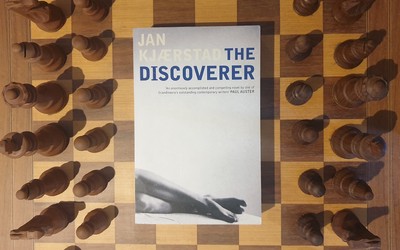
#19: Building a Second Brain for Chess
To re-evaluate and improve your relationship with information and content- Is your chess study being drowned by information overload?
- Consuming chess content 24/7, but don’t feel like you’re improving?
Building a Second Brain (BASB) might help you start afresh.
Tiago Forte’s bestseller can be useful for many in this digital age.
BASB can also help you with these areas in your chess life:
- Capturing information,
- Organising information, and
- Outputting what you’ve learnt.
Your Second Brain can take the form of databases like ChessBase, websites like Lichess and productivity apps like Notion (each doing its part).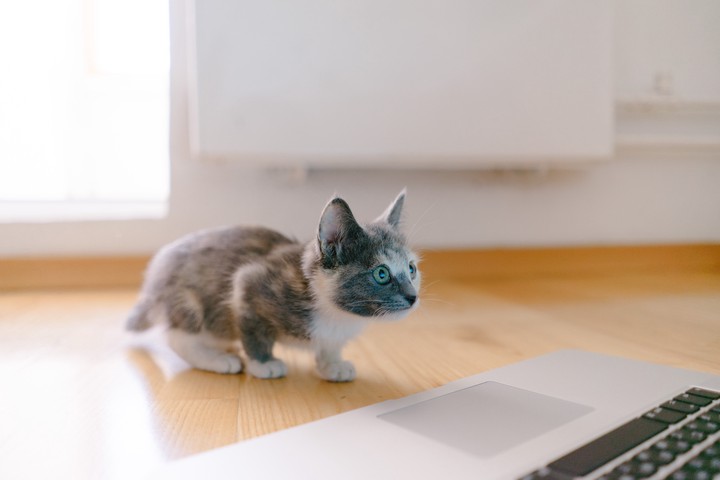
Sereja Ris / Unsplash
1. Capturing information
We forget things easily.
Because your biological brain can’t and shouldn’t be relied on for storing things, you want a second brain where you can capture information you want to revisit.
Be selective.
There are dozens of ways and places you can consume information on chess but the filter or standards most of us have for information is pretty relaxed by default. You assume any information, as long as it’s chess-related, has value for your chess. You’ll feel like you’ll be missing out if you don’t look at shiny, new bits of information every day, without worrying too much about whether each thing is actually helpful for you.
To improve the quality side of things, you should try and focus on what resonates with you and not pay as much attention to other things.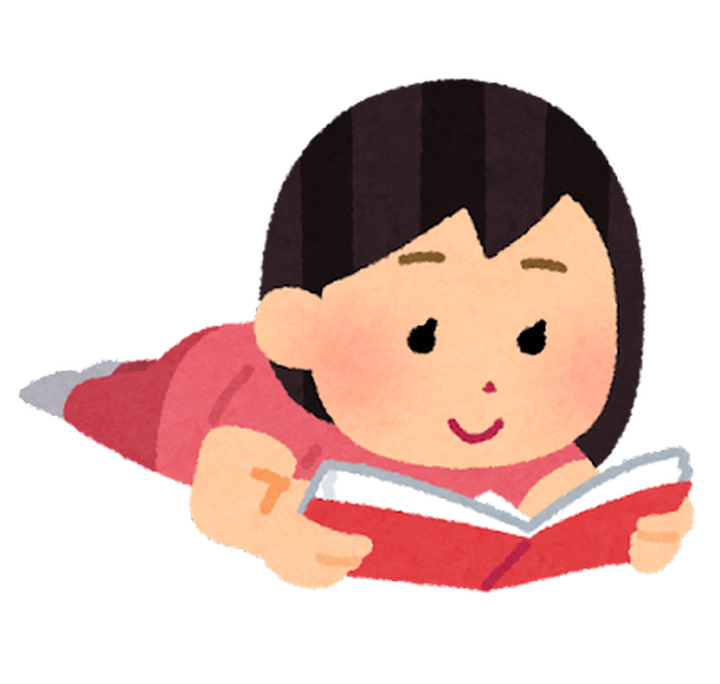
Forte’s 4 criteria to help decide what knowledge or information is worth capturing are:
1. Does it inspire me?
It’s good to be in regular touch with the kind of chess you want to play. These might be games by model players or nice comments people have said about your chess.
2. Is it useful?
These might not necessarily be inspiring but could come in handy. A game you saw that you somehow found really interesting, an excerpt from a book that made you think, “maybe this was what was happening in my game on the weekend?”
3. Is it personal?
Your own thoughts and reflections. I keep a regular journal about what kind of chess work I’m doing and how I feel about how things are going. It’s surprising to re-read these even a few months later and see how my views have changed or developed.
4. Is it surprising?
If all it takes to improve our knowledge or skills is to confirm what we already know, it would be easy. To get to the next level, you want to interact with information that goes against what you know and/or expands your understanding of a particular topic.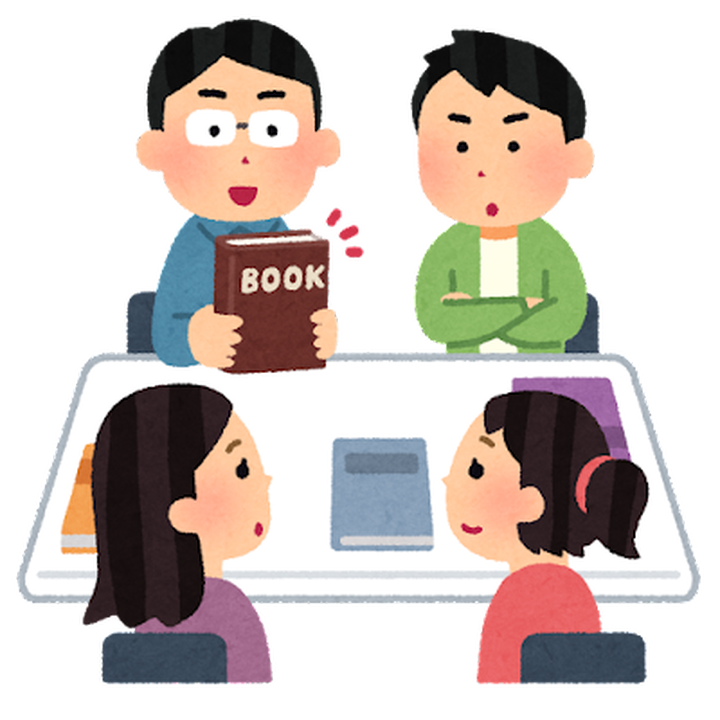
2. Organising information
When you organise information, it’s common to organise it by category.
You might save endgames you found interesting in its own database, and beautiful wins by your favourite players in their respective databases.
While these are useful, there’s another factor to consider: saving for actionability.
As with the capturing stage, you want to focus on information that would bring the most benefit to you right now. We all have areas we want to improve on in our chess—so why not create a dedicated space in our digital life to each of them?
If you always seem to lose equal endgames, compile:
- relevant excerpts from practical endgame books that caught your attention
- annotated games where the winner explains how they thought about things
- all these games of yours and comment on where you thought you went wrong
- suggestions by stronger players on how they think you should work on this area.
The more specific the area, the easier it is to work on understanding their essence.
You aren’t saving things just so you feel like you know them, but so you can actively spend time on them.
A few months ago, I had hundreds of icons in my ChessBase home screen. I realised seeing all of those databases made me feel like I had all the knowledge, but I hadn’t even opened some files, and the abundance of choice confused me.
I now only open databases (and add them to that home screen) when I need to use them—much easier to focus on what’s needed. By focusing on areas you actively want to improve, you also waste less time jumping between different things or thinking about what you should work on.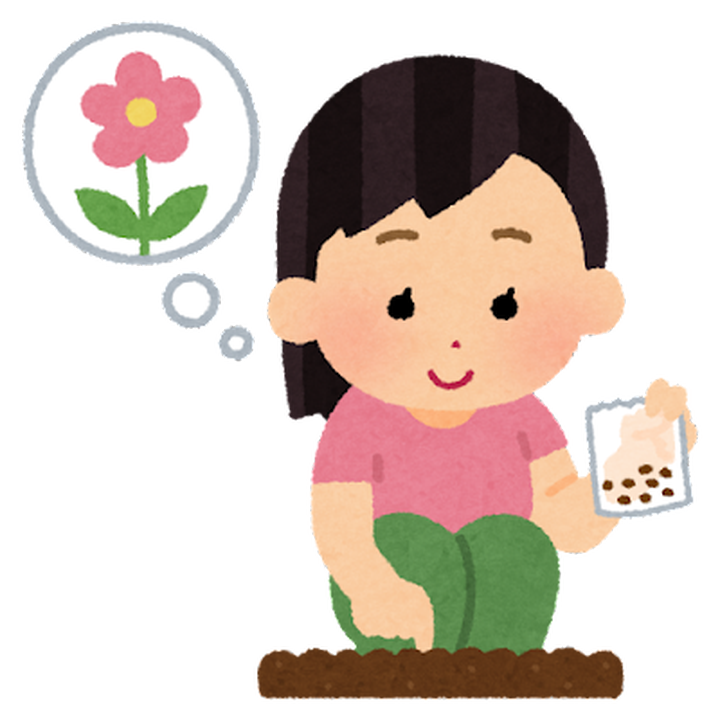
3. Outputting what you’ve learnt
Information becomes knowledge—personal, embodied, verified—only when we put it to use. You gain confidence in what you know only when you know that it works. Until you do, it’s just a theory.
Once you’ve captured and organised information that’s useful for you, the final and most important step is to use it yourself.
No matter how much knowledge you have about an area in chess, it really only becomes drilled into you when you play it out—the more serious the environment, the more you’ll absorb it. It’s like the difference between casually reading about an endgame technique in a book, and having to convert with it in a tournament game.
- Tweet about something you learnt: as you receive feedback from others, it might deepen your understanding further, and you can also help others learn something.
- Play a lot of games with an opening online before playing it in a tournament—only by playing it yourself will you learn which lines comes up often in practice and how the fit is between your chess and the kind of positions that come up.
- Write about your own thoughts during your chess games and share them—your thoughts might be more useful for someone around or slightly below your playing level than, say the thoughts of a super-GM whose understanding is too different.
- Teach others—when you teach something, there’s that pressure of having to give the right knowledge without mistakes, holes or too much complexity so you’re forced to quality-check, and in the process you can solidify your understanding.

It is when you begin expressing your ideas and turning your knowledge into action that life really begins to change.
—Tiago Forte, Building a Second Brain
If you'd like to receive posts like this in your inbox, you can subscribe to my newsletter at https://juntaikeda.substack.com/.
